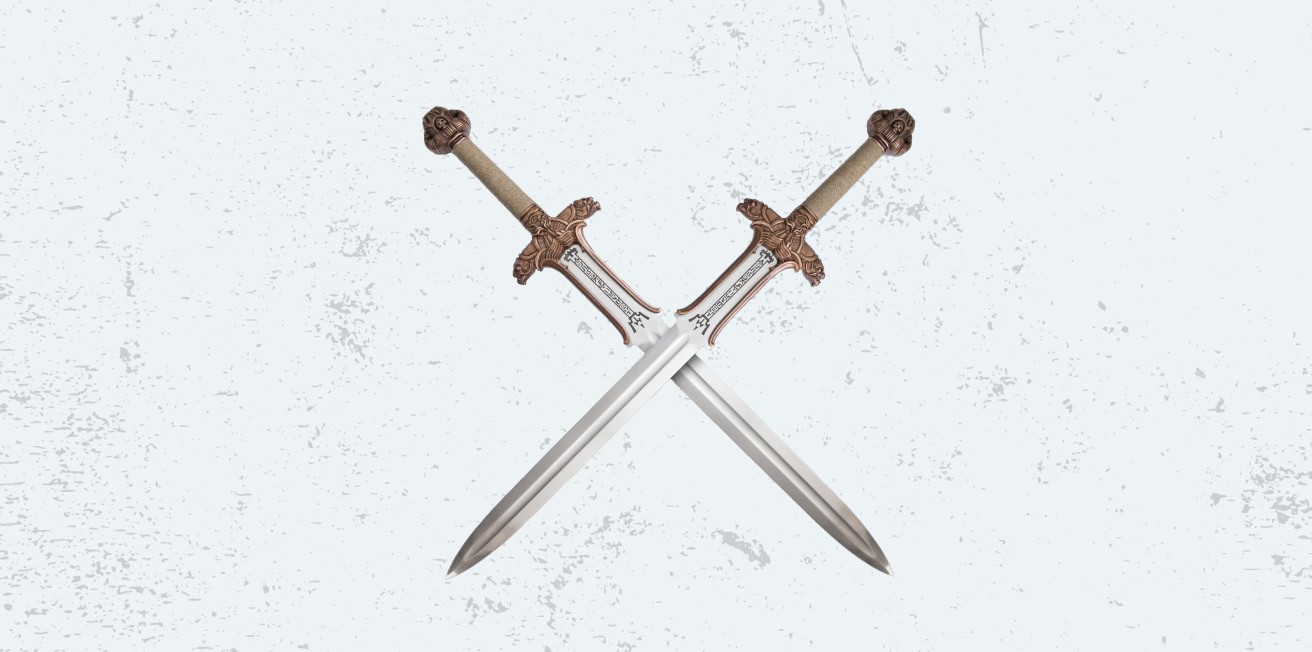
If utilized to its best advantage, Freight Broker Auto/Third Party Liability Insurance is a competitive edge enabling discerning freight Brokers to win more loads and increase revenues and profits, while reducing their overall risk exposure. It’s also sometimes referred to as Contingent Auto Liability insurance or Freight Broker Auto Liability Coverage. Freight Broker Auto/Third Party Liability Insurance responds to defense costs from 1st dollar plus any judgment levied when a freight broker is named as one of the defendants in a lawsuit related to bodily injury or fatality claims when motor carriers they contract are involved in accidents and third parties are injured or killed.
Freight Broker Auto/Third Party Liability Insurance is Both a Shield and a Sword

With great risk comes great reward…even in freight transportation services. The recent steep increase in freight volumes resulted in more over the road accidents, and headline-grabbing verdicts and settlements involving not only motor carriers, but all parties included in the logistics transaction chain, including freight Brokers. More large trucks on the road leads to an unavoidable domino effect of more large-truck accidents and thus, more litigation. This trend is unsurprising given that the freight brokerage industry has recently added on average 1,000 new entrants per year.
Notwithstanding these facts, such a heightened threat to the industry has also led to opportunities for savvy freight Brokers to use Freight Broker Auto/Third Party Liability Insurance not only to protect their business, but also as a strategy to secure business with larger shippers and even to build valuable goodwill. If utilized correctly, this competitive advantage enables discerning freight Brokers to win more loads and increase profits, while at the same time better managing and minimizing their overall operational risk.
The Shield

According to FMCSA Data for 2021 there were on average, 465 large-truck crashes, entailing 233 injuries or fatalities per day. Therefore, the question is not “if,” but “when” an accident is going to occur under your tender of carriage. Furthermore, while motor carriers typically provide only a $1,000,000 limit of Business Auto Liability Insurance, the National Safety Council has estimated the Average Comprehensive Total Cost of a fatality incurred in motor vehicle crashes is $11,449,000. https://injuryfacts.nsc.org/all-injuries/costs/guide-to-calculating-costs/data-details/. The National Highway Traffic Safety Administration has estimated 42,915 people died in motor vehicle traffic crashes last year, a 10.5% increase from the 38,824 fatalities in 2020. https://crashstats.nhtsa.dot.gov/Api/Public/ViewPublication/813298
There is also currently no cap on economic damages in any state and only 8 states have currently capped damages on bodily injury and disability awards. There is otherwise no limit to the amount of damages a plaintiff can pursue in bodily injury/fatality tort claims. Additionally, there is no material downside to plaintiffs dragging every potential minor party into accident lawsuits. The predictable result is that plaintiffs looking to recover large-sums pursue anyone and everyone that could potentially contribute settlement funds, with priority emphasis on the motor carrier, the Freight Broker and the Shipper. It might also be noted that litigation costs and incurred losses have risen as much or more than freight rates in recent months.
There have been more Rulings against freight Brokers in the last 24 months than in all previous years combined, finding at some level that a Broker may be held liable under State common law for the actions of a Motor Carrier. This adverse trend began with the November, 2020 9th Circuit Ruling in Miller v. C.H. Robinson Worldwide, Inc., 976 F.3d 1016, 1023-25 (9th Cir. 2020) No. 19-15981),subsequently Denied Hearing of Appeal at the U.S. Supreme Court). In brief, the 9th Circuit held that the freight Broker may incur liability for claims arising under state common law and state safety regulations designed for motor carriers.
The unprecedented frequency of Adverse Rulings against freight Brokers in Bodily Injury/fatality matters, at the District Court and State Appellate Court level, subsequent to the 9th Circuit Ruling in Miller, include at least 18 Adverse Rulings. The attorney’s fees and court costs associated with defending such lawsuits mount quickly and can cause great distress to a freight Broker’s business.
Given this risk profile, freight Brokers must take active measures to protect themselves. A great way to do this is by acquiring Freight Broker Auto/Third Party Liability Insurance that provides valuable protection when unexpected litigation arises. Third-party liability insurance can not only cover the costs of defending the litigation, but it also can help ease the burden of a potential excessive Ruling. Current litigation trends have necessitated that freight Brokers obtain such coverage as a foundational part of their business model in order to minimize risk exposure and maintain operational viability.
The Sword

The current litigation trend to include shippers has created more pressure for many larger businesses to require freight Brokers to carry broader coverage and higher limits. Whereas this is an additional burden and expense, it also presents an opportunity for freight Brokers to leverage their increased coverage to not only meet Shipper requirements to obtain larger and more profitable loads, and is a tool for investment into Shipper goodwill.
While some freight Brokers stop at the bare minimum purchase of insurance, other freight Brokers are using Freight Broker Auto/Third Party Liability Insurance to secure higher revenue deals. Many Brokers are excluded from consideration of the more lucrative shipments if they hold only the bare minimum coverage. Freight Broker Auto/Third Party Liability Insurance can help freight Brokers win higher revenue deals by providing them with the coverage large shippers require.
As lawsuits continue to increase in frequency, so do insurance costs, and the most significant hikes in insurance rates fall on the motor carriers as a result of the increased frequency and severity of damages arising from crashes. Therefore, motor carriers often have to operate with low policy limits in order to manage their expenses.
Freight Brokers have an opportunity to enhance their market profile, by designating their Shipper Customers as Additional Insured parties to their Freight Broker Auto/Third Party Liability Insurance and by purchase of higher liability limits. This creates a unique value add that freight Brokers are able to offer to their Shipper Customers.
LogistIQ Broker Shield: Your Full Coat of Armor

This is where LogistIQ can help. Through its unique Broker Shield insurance program, LogistIQ can help freight Brokers reduce their liability risk exposure while at the same time maximizing potential business opportunities. LogistIQ’s team of experts, sophisticated processes, and elite insurance products are specifically designed to identify and feature everything a freight broker needs to protect and grow their business.
Contact LogistIQ

Contact us today to learn more about how LogistIQ’s Broker Shield insurance protects freight Brokers while also providing opportunities to grow.
How To Move Forward
For Freight Brokers
We will connect you with a qualified agent that best meets your needs.

 1-888-910-4747
1-888-910-4747